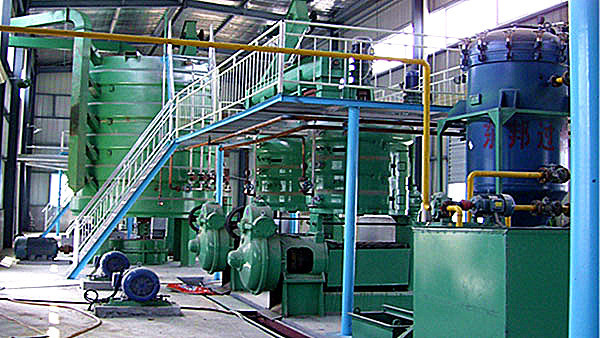The journey of soybean oil from cultivation to the consumer’s table encompasses a series of interconnected processes. At the heart of this journey lies the soybean oil extraction machine, which plays a pivotal role in transforming raw soybeans into a valuable edible product. Understanding this value chain is essential for stakeholders in the food industry to improve operational efficiency and sustainability.
The production of soybean oil involves various challenges, including inconsistent soybean quality, operational inefficiencies, and the sustainability of agricultural practices. These challenges can significantly affect the final product's quality and marketability. It is vital for producers to address these issues to meet the increasing consumer demand for high-quality, sustainably sourced soybean oil.
The introduction of advanced oil extraction machines has revolutionized the soybean oil production process. These machines enhance the extraction efficiency, ensuring that more oil is obtained from the soybeans with minimal waste. By employing state-of-the-art technology, producers can achieve higher yields, reduce operational costs, and maintain product quality.

The value chain of soybean oil consists of several stages, including:
The soybean oil value chain is critical for ensuring a sustainable supply of high-quality edible oil. As the food industry evolves, stakeholders must collaborate to innovate and implement sustainable practices at each stage of this chain. By doing so, they can not only increase profitability but also contribute positively to environmental sustainability.


